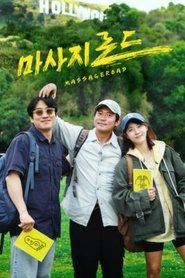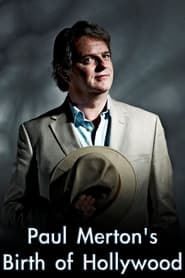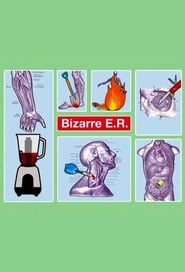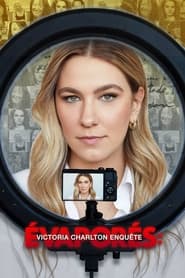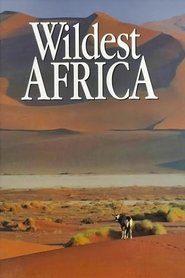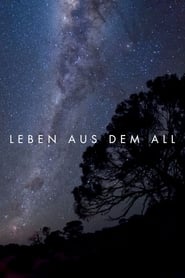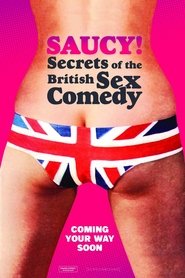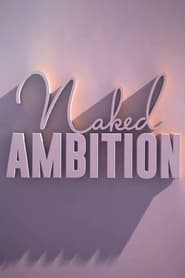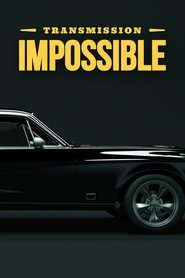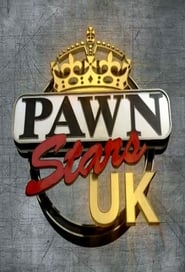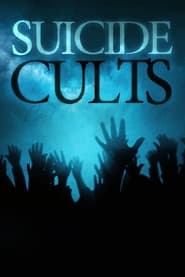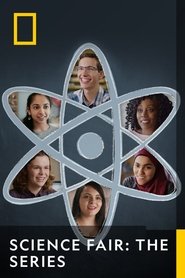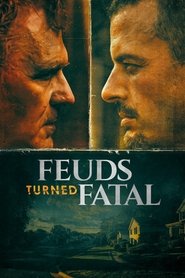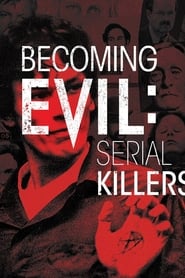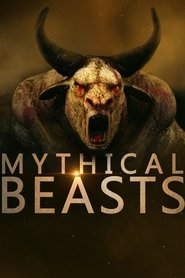Documentary TV Series - Page 432
-
Jamie's Super Food
2015
Jamie's Super Food
2015
star 8.5Jamie Oliver travels to some of the healthiest places in the world to uncover the secrets of how people there live longer and healthier lives -
Massage Road
2024
Massage Road
2024
Seeking out the practice known for healing both the body and mind, celebrities visit five countries to explore the culture and power of massage. -
Paul Merton's Birth of Hollywood
2011
star 7Paul Merton's Birth of Hollywood is a 2011 BBC documentary series written, directed and presented by Paul Merton. The three-part series traces the rise of the American film-making industry in Hollywood through from the early years of film-making to the foundation of the major motion-picture studios and the new class of the film star. -
Bizarre ER
2008
Bizarre ER
2008
Series about eye-watering cases which come through the doors of British A&E departments. -
Inside Barlinnie
2024
Inside Barlinnie
2024
star 3Inside 'The Big Hoose'. The reality of life behind the bars of Scotland's infamous prison. As it finally closes its doors, staff and inmates reflect on a violent, chaotic history. -
Évaporés : Victoria Charlton enquête
2022
star 6YouTuber Victoria Charlton investigates disappearances with the help of her community. For the first time, she is looking for new avenues in the field to better understand the different cases. -
Meine Geschichte
2002
Meine Geschichte
2002
-
Wildest Africa
2010
-
Life from Space
2021
Life from Space
2021
star 9In this two-part series, we take a look at the monumental discoveries underway, specifically surrounding black holes and meteorites. Black holes have been revealed as one of the foundations for the basic conditions of life. Through black holes, life is possible in an infinite number of places in space. We also follow how meteorites brought the basic substances of life to our planet, allowing for its creation. The films describe the latest findings concerning cosmic events in relation to the origin of life, providing a grandiose perspective of what makes life possible. -
National Parks: USA
2024
National Parks: USA
2024
star 10Venture across world-famous and lesser-known national parks to reveal the diversity and wonder of the United States, from the lush valley floors of Yosemite to the constantly erupting volcanoes of Hawai'i. -
Saucy! Secrets of the British Sex Comedy
2024
star 7.5In the mid-1960s, the British film industry was in danger and unable to compete with the rise of television. Therefore, in order to survive, distributors decided to offer viewers something that television could not: sex. The story of the intrepid filmmakers and actors who transformed British cinema. -
Naked Ambition
2014
Naked Ambition
2014
star 3.7Behind-the-scenes stories of women attempting to win spots in Playboy Magazine -
Pawn Stars UK
2013
Pawn Stars UK
2013
star 4Pawn Stars UK is a British reality television series which debuted on 26 August 2013. The series is filmed in the Chester, Sealand, United Kingdom, and chronicles the day-to-day activities of pawn shop Regal Pawn, collaboratively run by Mark Andrew Manning, Mark Lever Holland, Mark Peter Holland, Simon Penworth, and Victoria Manning. A spin-off of the prominent American reality television series Pawn Stars, the show's format is similar to the latter show, as it features an array of collectible, antique and unusual items that people sell or pawn. -
Suicide Cults
0000
Suicide Cults
0000
Suicide Cults is a gripping exploration into the lives of former cult members. David Koresh devotees detail their years inside Mount Carmel and a Jim Jones follower recalls how she narrowly escaped death during the largest mass suicide in US history. -
Science Fair: The Series
2023
star 7The series follows a group of inspiring teens who represent a vast spectrum of ISEF hopefuls. In addition to U.S. competitors, the series follows several fierce international contenders who have already beaten out the competition in their own countries to make it to ISEF. -
Feuds Turned Fatal
2024
Feuds Turned Fatal
2024
star 8Retaliation and revenge unfold when friendships turn into furious feuds. As each feud escalates, one-time friends, family, and partners go from minor disagreements to murder. People from both sides of the feud tell their story of revenge gone wrong. -
Emergency with Angela Griffin
2011
star 3Actress Angela Griffin goes on shift with Ambulance crews in the West Midlands to find out what it’s really like for real emergency personnel. -
Becoming Evil: Serial Killers
2019
star 7.2This 7-part season is filled with expert interviews and in-depth portraits of some of America's most infamous killers including John Wayne Gacy, David Berkowitz, Richard Ramirez, James DeAngelo, Aileen Wuornos, Jeffrey Dahmer, Andrew Cunanan, Ted Bundy and many others. -
Mythical Beasts
2018
Mythical Beasts
2018
star 7.5Revealing the origin stories of popular monster mysteries, each episode looks at the history, archaeology and truths behind legendary creatures.

